Information from Ineqe
TikTok has released a new (but familiar!) feature within their app called ‘TikTok Now’. Our online safety experts have taken a look to assess what TikTok Now is, the safeguarding concerns that come with it, and the comparisons it has to the popular photo sharing app BeReal.
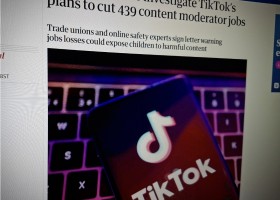
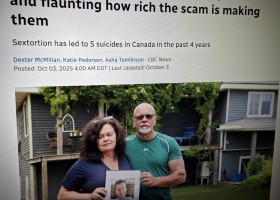
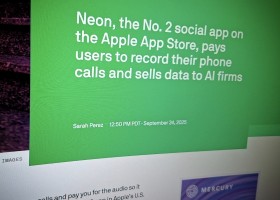
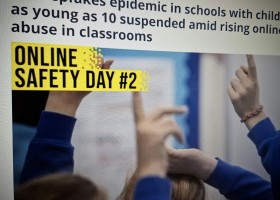
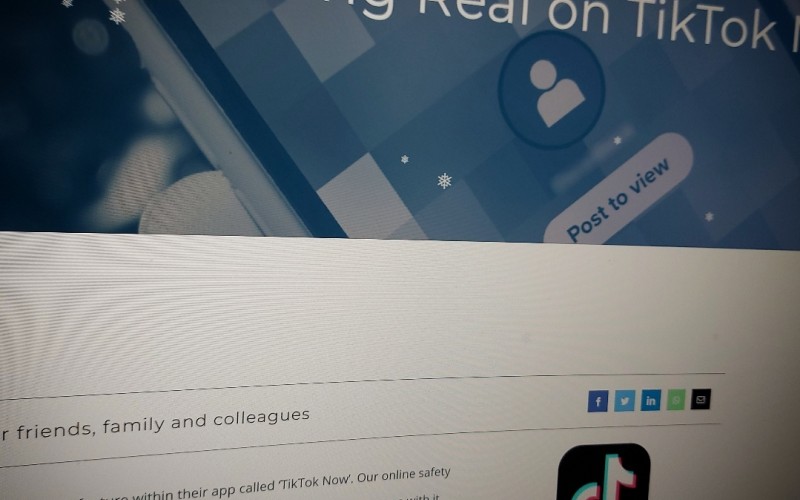
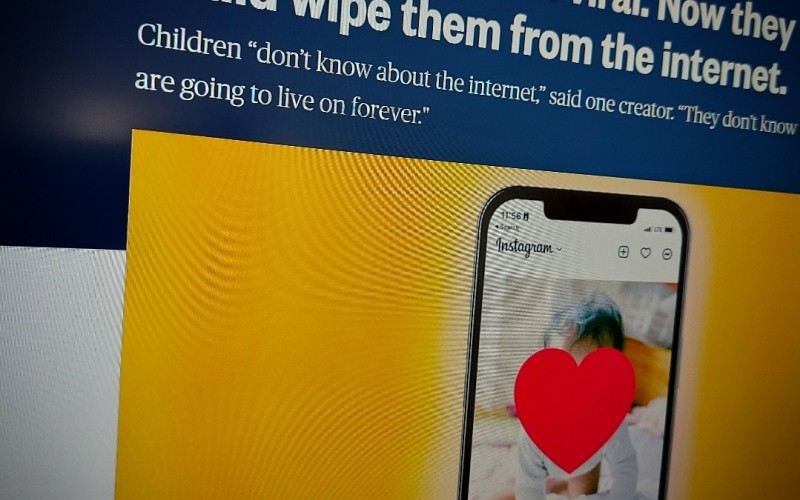
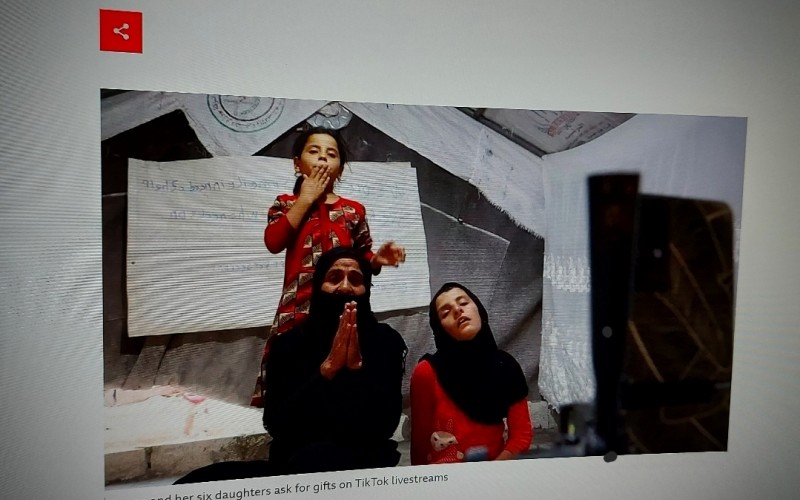
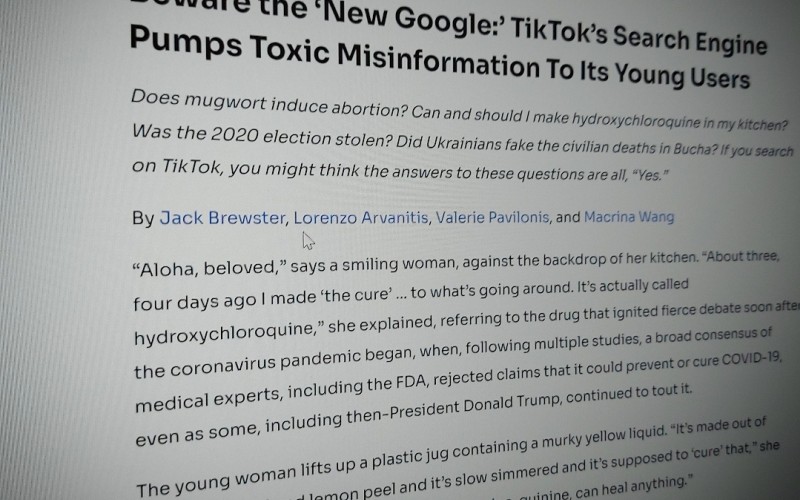
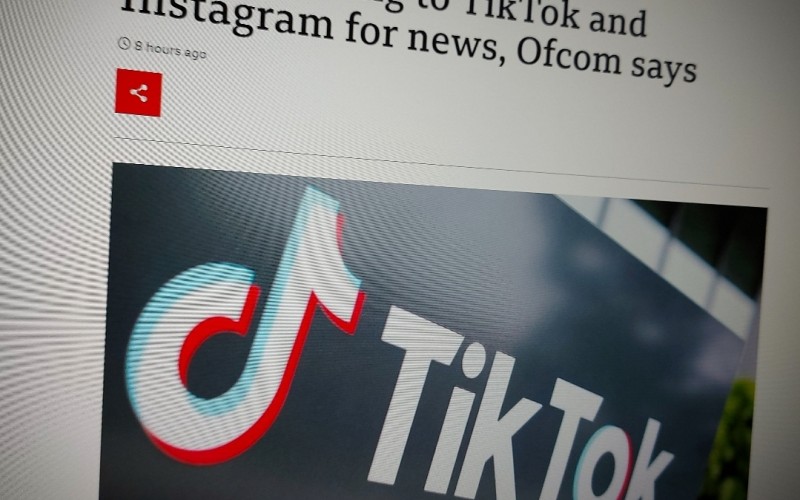
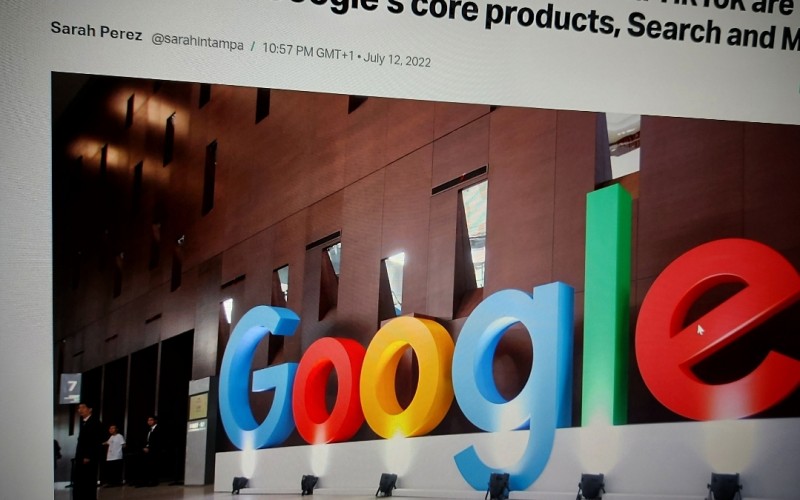
Comments
make a comment